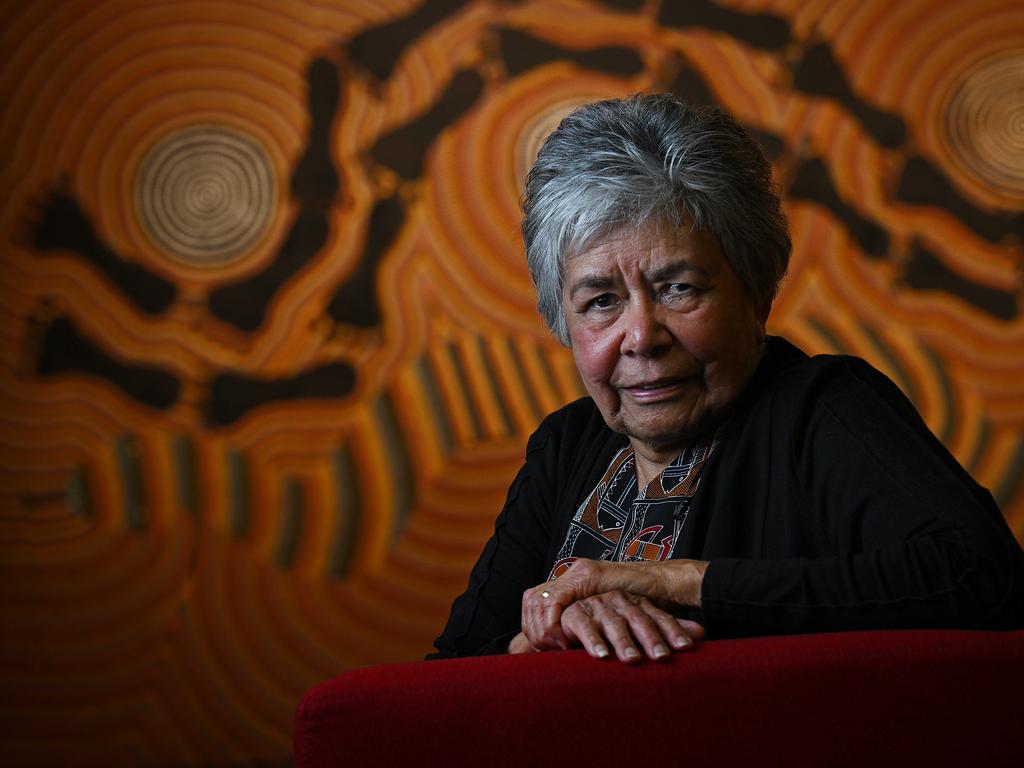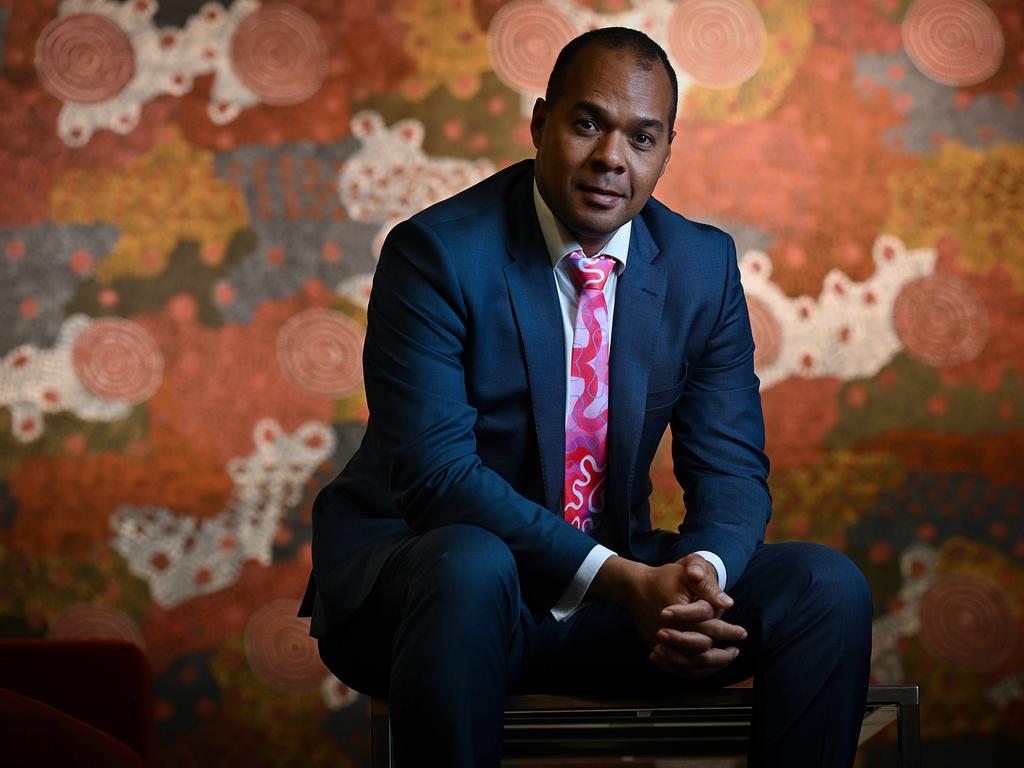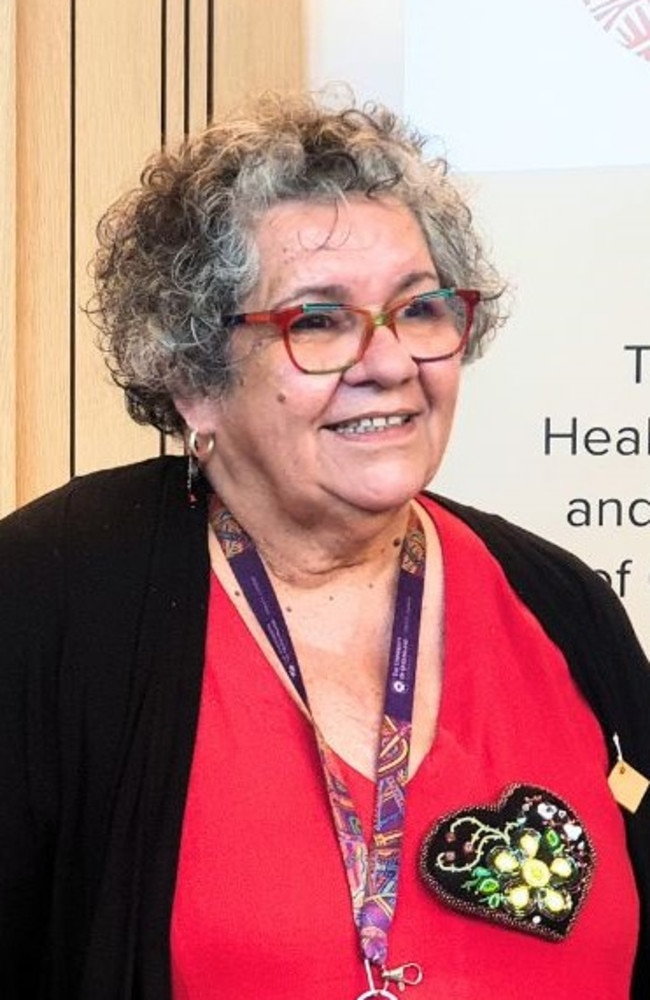Three-year Qld Truth-telling and Healing inquiry begins in Brisbane
A leading Indigenous Elder has laid bare the work, pain and suffering First Nation’s people faced, including the stark reality of their working wages being “ripped off” by the government, in an emotional day at the Truth-Telling Inquiry.
QLD Politics
Don't miss out on the headlines from QLD Politics. Followed categories will be added to My News.
A leading Indigenous Elder has laid bare the work, pain and suffering First Nation’s people faced, including the stark reality of their working wages being “ripped off” by the government.
The first hearing of a three-year Queensland Truth-telling and Healing Inquiry saw people gather at Brisbane’s Convention and Exhibition Centre on Wednesday, which aims to create a more complete historic account of colonisation in Queensland.
Guwa woman Aunty Lesley Williams, who was instrumental in the stolen wages campaign in which it is estimated that around $500 million was withheld from Aboriginal workers, was the first person to give evidence to the historic inquiry.
Speaking about her ancestors and experiences growing up in the Aboriginal settlement of Cherbourg located west of Gympie in the 1950s and 1960s, she said it was vital her story, along with others, are brought out into the open.
Ms Williams said this included revisiting the stolen wages campaign.
“They (Indigenous community) got a letter of apology from the Minister to acknowledge the work and the pain and the suffering that they had experienced.
“But now, it’s the inquiry bringing it out in the open, because they got their letters and they’ve been put away in their drawers, but the wider community is unaware,” she said.

Ms Williams began the hearing by detailing her life in the Cherbourg settlement where she at two years old, along with 10 other members of her family, lived until she was sent to work as a domestic servant on surrounding properties.
“The only white people we saw were the white officials, the white people outside didn’t know what was going on in the community and we didn’t know what was happening in the outside world,” she said.
Ms Williams spent several years working on private properties, but she would discover decades later through well kept documentation not only the stark wage disparity, but also how much was stolen from the Indigenous community.
She shared in the hearing that male Indigenous workers would be paid almost half of what their male counterparts were earning, and the females would have close to two thirds of their small wage working as a domestic paid to the Superintendent at Cherbourg.
“You didn’t question anything, you just accepted and took what was given to you,” Ms Williams said.
“We were ripped off. We were ripped off big time. Not only myself, my mother, sisters, grandparents, great grandparents. This state flourished under the work done by Aboriginal people.”

It was a chance encounter with her neighbour in the 1990s and a short article in The Courier Mail newspaper that kicked off her investigation into, what would become, the campaign to reclaim stolen Aboriginal wages.
In 2019, after decades of campaigning the Queensland Government agreed on a landmark $190 million class action settlement.
“We did lobby for an inquiry like this 30 years ago, for an inquiry like this to take place and that’s why I said it means so much to me. It brings a lot of joy to my heart,” Ms Williams said.
“We wanted to inform the wider community, to inform them that everything we received we actually paid for it, we paid for it by the work we did, even paid for the rations.”
Tracey Bunda, a Ngugi and Wakka Wakka woman and a Professor of Indigenous Education at the University of Queensland, also shared an emotional account of how her own mother was a part of the stolen generation.

Professor Bunda said this hearing was an important opportunity to tell the story of not only her family, but one that is also representative of many other Aboriginal families’ experiences.
“My mother and father have passed, and their story is so similar to many other Aboriginal people’s stories, so their story is representative of those stories that will never, ever be heard.
“And I took the opportunity to speak at the truth telling inquiry to make their stories known.”
The hearings will continue in Brisbane until Friday where another five people are expected to share their own stories and accounts.



